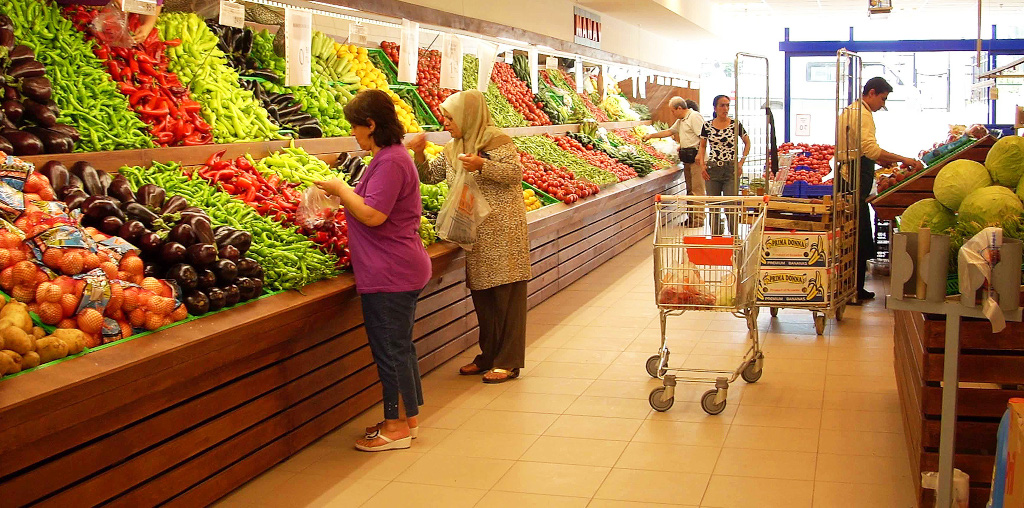Purchasing power in Turkey is 38 percent below the European Union average, the Birgün daily reported on Thursday, citing recently released Turkish Statistical Institute (TurkStat) data.
In the volume index of gross domestic product (GDP) per capita expressed in Purchasing Power Standards (PPS), Turkey lags behind the European Union average of 100 points, with only 62 points, according to a press release titled “Purchasing Power Parity, 2020,” posted on TurkStat’s website on Wednesday.
The data set in the press release relied directly on Eurostat’s calculations and included the 27 EU countries and three European Free Trade Association (EFTA) countries (Switzerland, Iceland and Norway), along with five candidate countries (Turkey, North Macedonia, Montenegro, Serbia and Albania), one potential candidate country (Bosnia and Herzegovina) and the United Kingdom.
Luxembourg topped the list with 263 points, whereas Albania was at the bottom with 30, TurkStat said, adding: “Luxembourg had GDP per capita being 163 percent above the EU-27 average whereas Albania 70 percent below the EU-27 average.”
The actual individual consumption (AIC) per capita, regarded as an alternative indicator of the level of economic activity, was reported as 68 for Turkey, 32 percent below the EU average, which was 100.
Luxembourg was ranked in first place in the AIC with 145 points, while Albania had 39.
The AIC, used to describe the material welfare of households, consists of goods and services actually paid for or purchased by consumers as well as provided by the government or nonprofit organizations (education, health care, etc.).
According to the results for 2020, the price level index for AIC was 38 for Turkey, meaning that the same basket of goods and services purchased for 100 euros in the 27 European Union countries could be purchased for 38 euros in Turkey.
The price level index is an indicator of purchasing power of national currencies according to currency conversion rates, according to the press release, which noted: “If a country’s price level index is higher than 100, the country is concerned relatively ‘expensive’ to the average of compared country group and if it is lower than 100 then it is relatively ‘cheap’ against the same compared group.”

